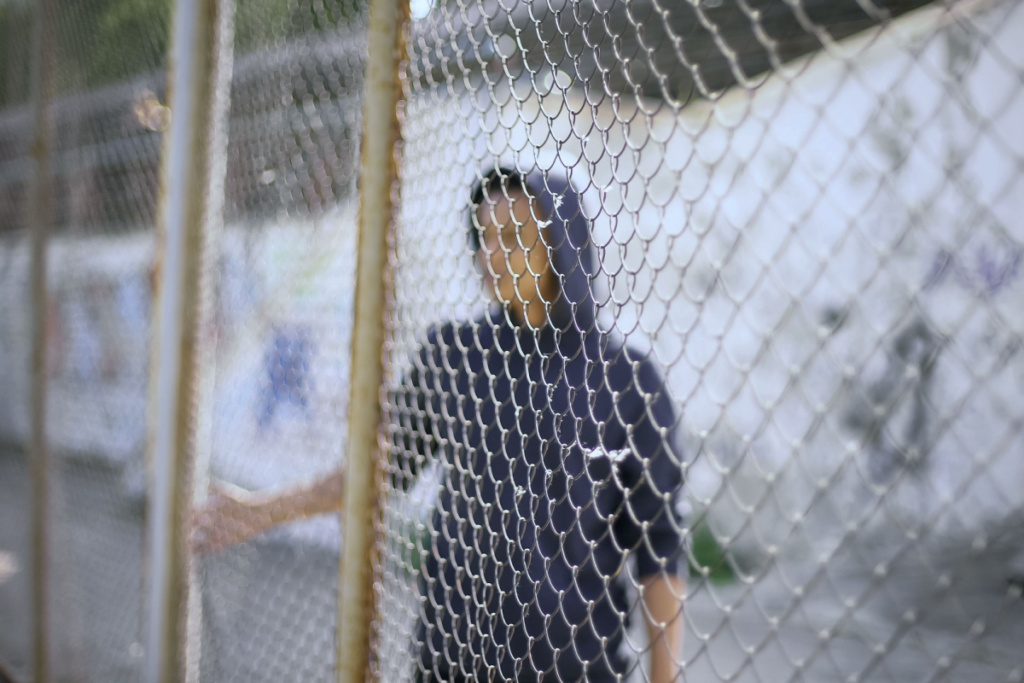Victoria Police announced on Tuesday that William Connolly, aka Egg Boy, had been issued an official caution for cracking an egg on Senator Fraser Anning’s head earlier this year.
Fraser Anning has escaped charges, with Victoria Police taking the view that his conduct amounted to self-defence. A statement released by Victoria Police outlined that they believed there was no reasonable prospect of the Senator being convicted.
However, the 20-year-old man who allegedly kicked Connolly while he was pinned to the ground has been charged with assault.
When can a young person be held liable for an offence?
10 years and below: not liable
The age of criminal responsibility in Australia is 10. This means that children under the age of 10 cannot be found guilty of a criminal offence.
In NSW the age of criminal responsibility is outlined in section 5 of the Children (Criminal Proceedings) Act 1987(NSW).
10 years – 14 years: presumed incapable of committing a crime
Children aged between 10 and 14 are presumed to lack the capacity to commit a criminal offence. This presumption is called doli incapax.
If the prosecution wants to charge children in this age bracket, they will need to rebut the presumption of doli incapax.
To rebut the presumption the prosecution will need to prove that the accused child knew that their actions were “seriously wrong” as opposed to naughty or mischievous. This is a high threshold.
14 years and above: liable
Young people aged 14-17 can be held criminally liable for their actions.
Australia has been criticised by the United Nations for what is internationally regarded as a low age of criminal responsibility.
The UN is of the position that 12 years of age should be the absolute minimum age for which a child can be held criminally responsible for their actions.
Diversionary mechanisms
A number of diversionary mechanisms are available for young people in NSW. These mechanisms aim to divert young people away from formal court processes. These mechanisms are outlined in the Young Offenders Act 1997(NSW) (YOA).
Research conducted by the NSW Bureau of Crime Statistics (BOSCAR) demonstrates that the rate of reoffending is significantly lower among young people who are dealt with by way of diversionary methods.
Two common diversionary options are warnings and cautions.
Warnings
Young people may receive an on-the-spot warning for minor offences. Offences for which young people may receive a warning include:
- Shoplifting
- Trespass
- Possessing alcohol (underage)
- Offensive language
Not all minor offences can be dealt with by way of a warning; graffiti offences are excluded.
Police will record warnings, but they will not become part of a young person’s criminal record. In fact, warning records will be deleted once the young person turns 21.
Cautions
Cautions are like official warnings. Young people can only receive three cautions. Once a young person reaches the three cautions threshold, they will be required to go to court if they commit any further offences.
Section 19 of the YOA outlines that a young person may be eligible for a caution if:
- The offence that has been committed is an offence for which a caution may be given
- The young person admits the offence
- The young person consents to receiving the caution
- The young person is entitled to be dealt with by way of caution.
Cautions are recorded by police and will appear on a young person’s ‘court alternatives history’. However, a court cannot take this into account after the young person turns 18.
Key Takeaways
- The age of criminal responsibility in Australia is set at 10 years old, meaning children under this age cannot be held criminally responsible.
- Between the ages of 10 and 14, children are presumed to lack the capacity to commit a crime, a legal principle known as "doli incapax," which the prosecution must overcome to secure a conviction.
- At 14 years and older, young people can be held criminally liable for their actions, with Australia facing criticism for the low age of criminal responsibility compared to international standards.
- NSW offers diversionary mechanisms, such as warnings and cautions, to steer young people away from the formal court system, aiming to reduce reoffending rates.
Written By

James Janke
James Janke is founding partner at Hamilton Janke Lawyers, and has more then decade of experience as a Criminal Defence Lawyer. Admitted to both the Supreme Court of New South Wales and High Court of Australia




